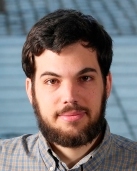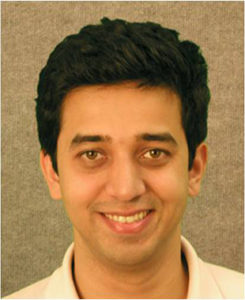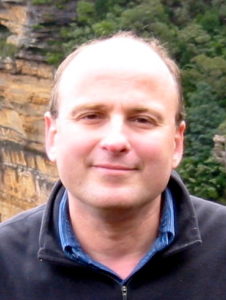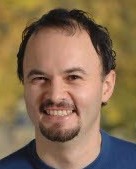Umut Acar joins the institute's faculty, starting in January 2010. Umut's research interests are in language and algorithm design and implementation, particularly for dynamic systems that interact with changing data from various sources, such as users and the physical environment.
Such systems abound in many areas of computer science. For example, physical simulations often involve objects that move continuously over time, databases host and process data that changes over time (e.g., by introduction of new information records), ...
Umut Acar joins the institute's faculty, starting in January 2010. Umut's research interests are in language and algorithm design and implementation, particularly for dynamic systems that interact with changing data from various sources, such as users and the physical environment.
Such systems abound in many areas of computer science. For example, physical simulations often involve objects that move continuously over time, databases host and process data that changes over time (e.g., by introduction of new information records), and connectivity in networks and distributed systems changes as links go down or come alive.
Umut's primary research focus has been self-adjusting computation, where computations respond automatically to modifications to their data. With his collaborators, he designs languages for developing self-adjusting programs, researches techniques for analyzing their complexity, and evaluates the proposed techniques by considering problem domains such as computational geometry, machine learning, and scientific computing. Umut's other interests include parallel computing, databases, and design and implementation of high-level languages.
Umut Acar received his B.S. in Computer Science from Bilkent University-Turkey in 1997, his M.A. from University of Texas at Austin in 1999, and his Ph.D. from Carnegie Mellon University in 2004. Umut joins MPI-SWS from the Toyota Technological Institute of Chicago, where he was an assistant professor from 2005 to 2009.



